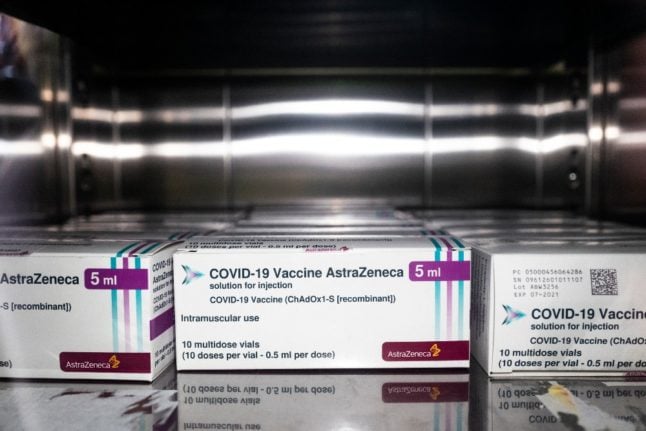The government has said it believes more information is needed before making a final decision on the AstraZeneca vaccine, after the Norwegian Institute of Public Health recommended it be withdrawn from the national vaccination programme.
A final decision will be given on May 10th, Health Minister Bent Høie said at a press briefing on Thursday afternoon.
“The government believes we do not yet have a good enough basis for drawing final conclusions,” Høie said.
“We must assess the consequences for the health of the entire population if we have to live with restrictions for longer than other countries in Europe”, he added.
Use of AstraZeneca has been on hold in Norway since March 11th due to suspected serious side effects including blood clots and low platelet counts.
The government said it was setting up an expert committee to undertake a comprehensive risk assessment on the vaccine. The committee will submit its report ahead of the decision in May .
The risk assessment will look at both AstraZeneca and the Johnson & Johnson vaccine, which has delayed its European rollout due to reported blood clots.
“We set up this committee because we want to know more about the consequences for the population and society before we make a decision,” Høie said.
Johnson & Johnson and AstraZeneca are based on the same vaccine technology. As such, a decision by to withdraw AstraZeneca in May could also be significant for Johnson & Johnson’s single use Janssen vaccine.
“If we now say no to AstraZeneca, it could have consequences for the opportunity to use Johnson & Johnson,” Høie said.
Norway has ordered over a million doses of the Janssen vaccine.
The vaccination program in Norway could face delays of up to seven weeks if both serums are dropped according to head of the NIPH, Camilla Stoltenberg.
Stoltenberg also said the recommendation to recommend withdrawing the vaccine was one of the hardest decisions the authority has made during the pandemic.
So far, five patients under the age of 50 have been admitted to Oslo University Hospital (OUS) with severe blood clots after taking the AstraZeneca vaccine. Three of them have died.
Experts at the hospital have said the blood clots were triggered by a strong immune response linked to the Anglo-Swedish manufacturers serum.
The EMA added that the benefits of the vaccine outweigh the risks.
On Wednesday Denmark became the first country in the world to scrap the use of the AstraZeneca vaccine.



 Please whitelist us to continue reading.
Please whitelist us to continue reading.
Member comments